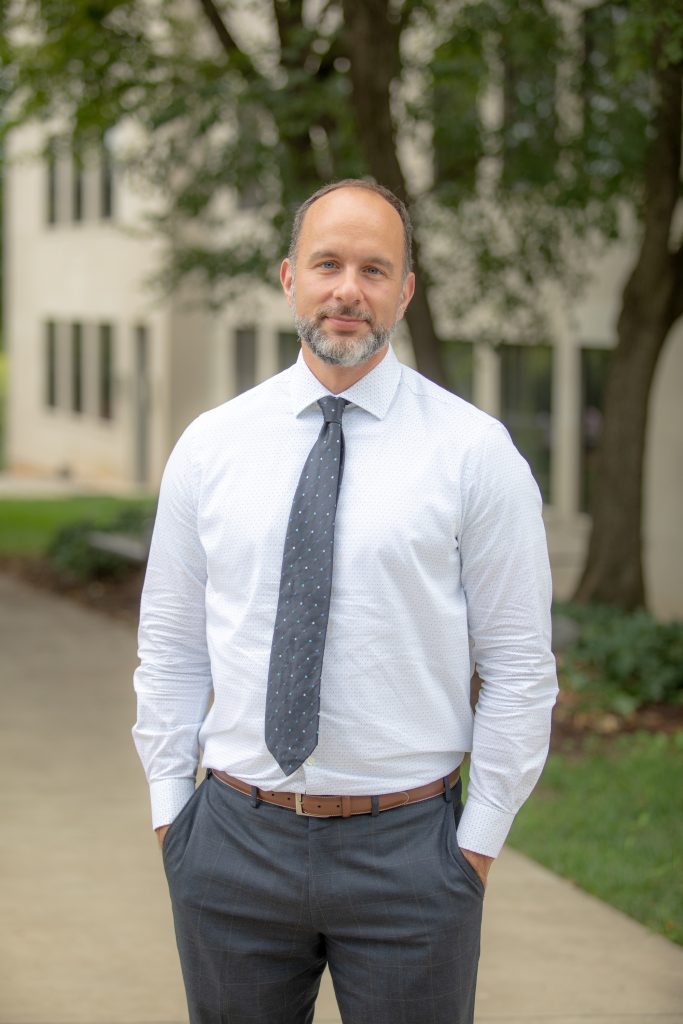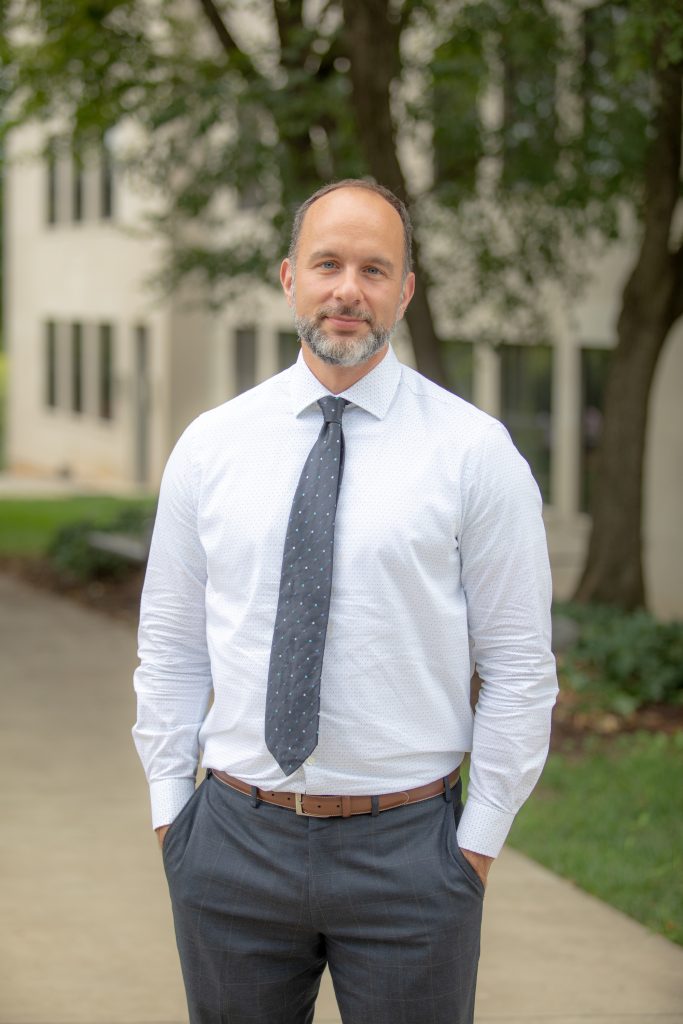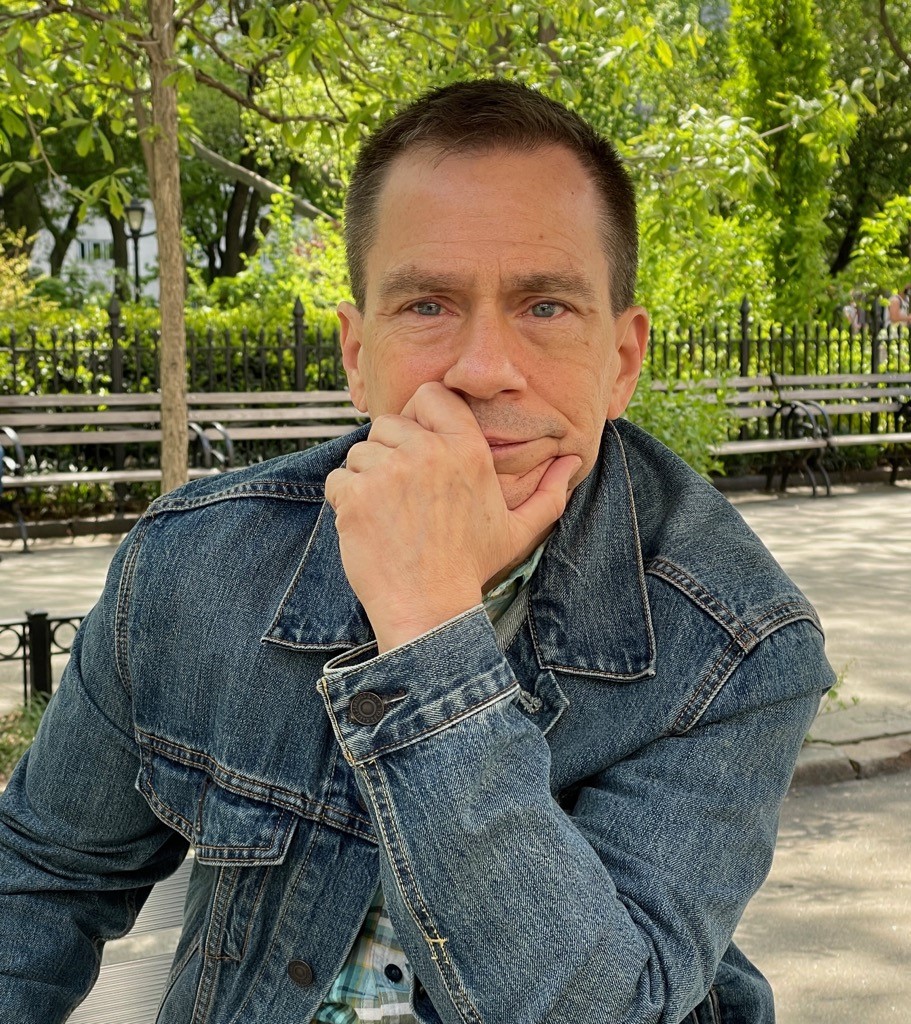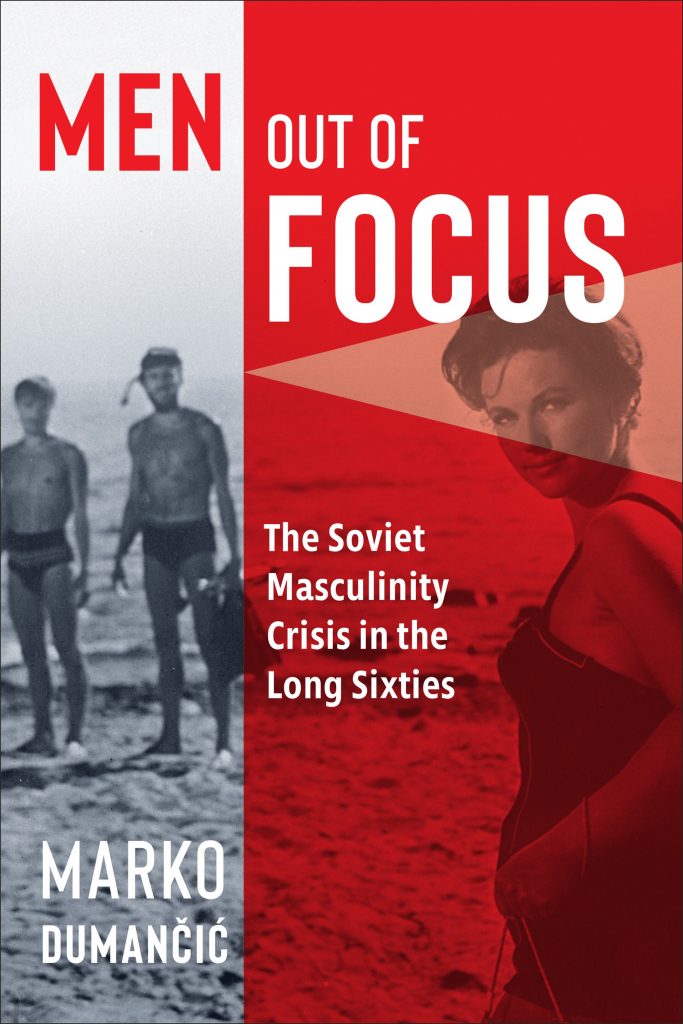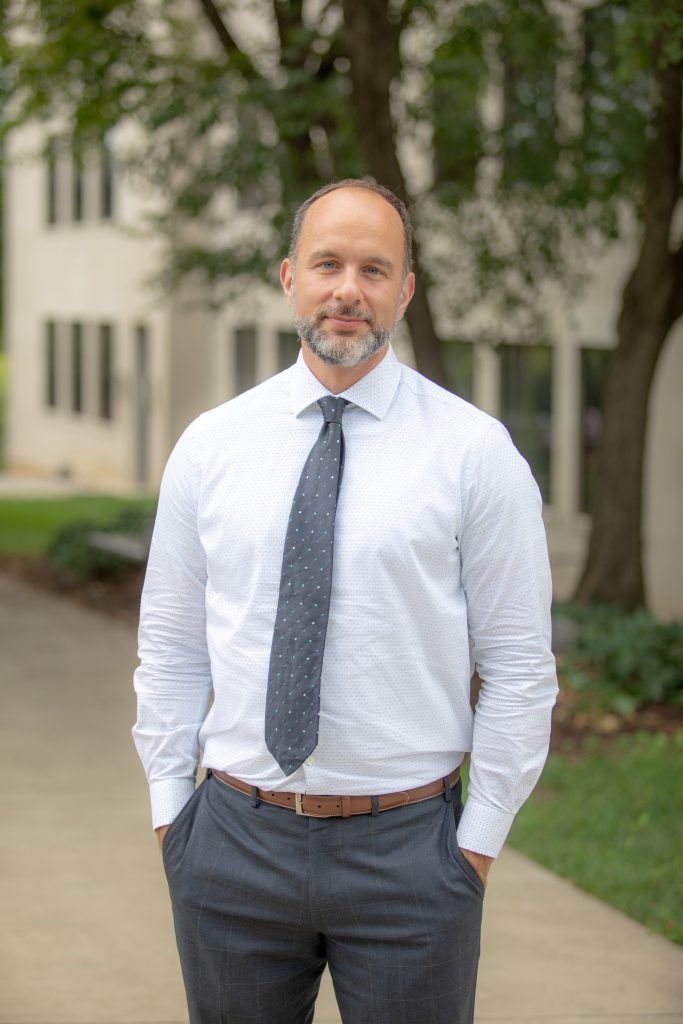
Josh’s post got me thinking about my disinclination to more directly acknowledge the connection between the Cold War and Soviet masculinity – esp. given that it’s (implicitly) present in the book. The Cold War is relevant to this book because it influenced the logic of the period and gave the impetus for the various modernization reforms the USSR pursued. The nuclear race, the Virgin Lands campaign, the space race, and the revival of light industry were all clearly linked to the superpower contest. But even as the Cold War impacted this period, I think it had less of an immediate and intimate influence on the thinking of everyday Soviet citizens—at least based on this set of sources. The anxieties and insecurities Soviet protagonists experienced is, I think, more of a product of a postwar moment that was evident across the continent regardless of a country’s superpower status. France, Italy, and Britain all struggled to come to terms with their sudden postwar affluence, their authoritarian/imperial past, and rapidly changing demographics. The call to not only to rebuild but also to reimagine national life after twin evils of totalitarianism and WWII defined the long Sixties. The film characters and their audiences did not speak in the language of the Cold War; rather, they talked about issues “closer to home” that were results of marriage laws, consumerist policies, de-Stalinization, and (sub)urban renewal. For instance, the stories of celluloid Cold War nuclear scientists were ultimately about maintaining their integrity and dignity in a system run by their country’s bureaucrats. On the other side of the spectrum were scientists who created their versions of robotic Frankensteins and learned that they shortcut their humanity at their own peril. The lesson these scientist learned were about romance and the dangers of red tape and in this way scientists, as men, were no different than men who tried to figure out how to become adequate father figures or men who tried to avoid the discreet charms of the bourgeoisie. The title of the book centers the masculinity crisis of the Sixties, even as the Cold War certainly shaped the terrain of this period.
